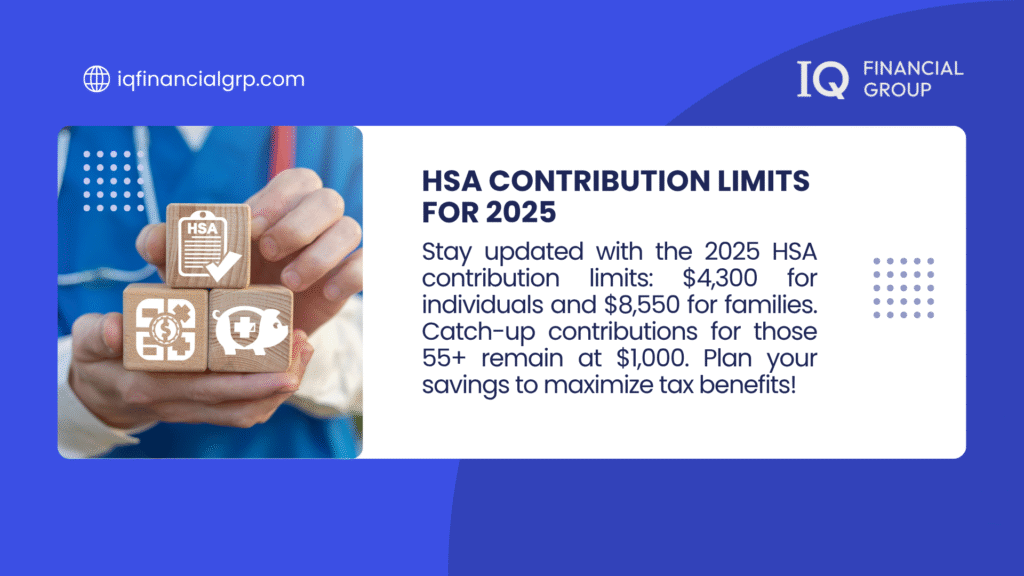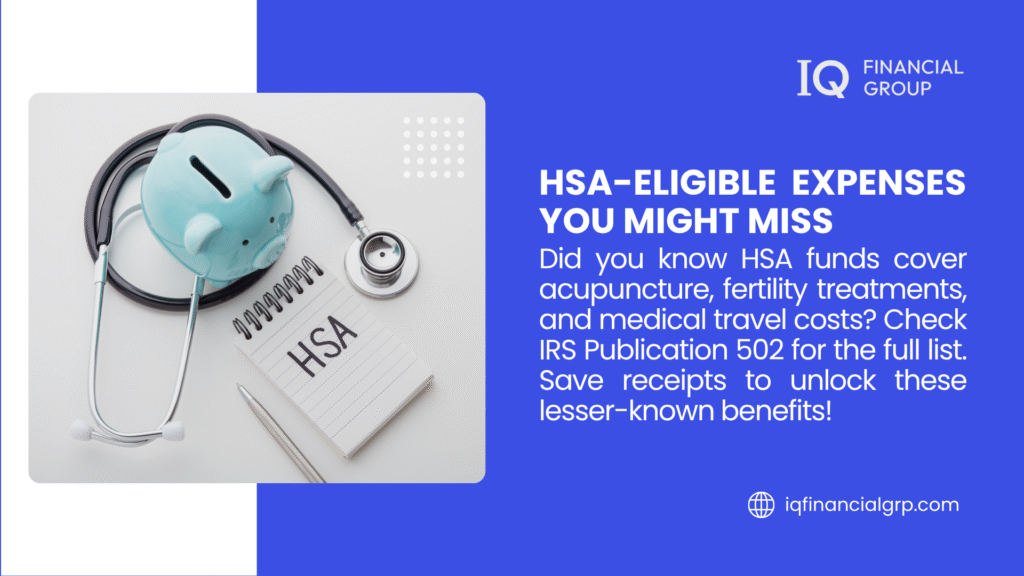Hospital bills that used to cost hundreds now cost thousands. Even routine stuff like doctor visits and prescriptions eat up more of your paycheck than they should. That’s where a health savings account becomes really useful, it’s basically government-approved tax dodging for medical expenses.
Your contributions come off your taxes immediately. The money grows without getting taxed. And when you spend it on medical stuff, there’s no tax on withdrawals either. You can’t find this anywhere else.
The catch is that you need a specific type of health insurance called a high-deductible plan. Most people hate these plans because you pay more upfront before insurance helps. But if you’re smart about it, you can flip that disadvantage into a massive long-term win. Unlike wondering what your health insurance covers, HSA money works for almost any medical expense.
Who Gets to Open a Health Savings Account?
The rules aren’t complicated, but they’re strict. You need a High Deductible Health Plan first. Well, many employer plans already hit these numbers anyway.
You can’t contribute if you’re on Medicare, someone else claims you on their taxes, or you have other health coverage that conflicts. This includes being on your spouse’s regular health plan or having a healthcare FSA with more than basic exceptions.
Let’s take a look at the table of 2024 minimum deductible and maximum out of pocket.
| Coverage Type | 2024 Minimum Deductible | 2024 Maximum Out-of-Pocket |
| Individual Coverage | $1,600 | $8,050 |
| Family Coverage | $3,200 | $16,100 |
Before you freak out about those deductibles, remember something important. High-deductible plans usually have much lower monthly premiums. That premium savings can fund your HSA contributions, so you’re not necessarily spending more money, just spending it differently.
How Much Money Can Go to Your Health Savings Account?
The government sets limits every year, and they’re never as high as they should be considering healthcare costs.
Every dollar you contribute comes straight off your taxable income. It’s not like regular savings where you’re trying to figure out how to avoid tax on savings account interest. With HSAs, you avoid the tax completely from day one. That beats any tax-free savings account option out there because of those triple tax benefits.
Your health savings account money covers way more than basic medical bills. Things like eye exams, kids’ braces, or chiropractor visits.

Investing Your Health Savings Account (The Secret Sauce)
Most people treat their health savings account like a glorified checking account. Big mistake. Once you’ve got a decent cash cushion (usually $1,000-$2,000), you can invest the rest. We’re talking mutual funds, index funds, individual stocks – whatever your HSA provider offers.
This is where things get interesting. Your investments grow completely tax-free. When you eventually use that money for medical expenses, you never pay taxes on the gains. It’s like having a Roth IRA that’s specifically for healthcare, except with even better tax treatment.
How aggressive should you get? Depends on your timeline. Need the money soon? Play it safe with cash or stable funds. Planning for the long haul? You can afford to take more risks for bigger potential returns.
| When You’ll Need It | Risk Level | Smart Move |
| 1-3 years | Stay safe | Cash or money market |
| 3-10 years | Medium risk | Balanced funds |
| 10+ years | Go bigger | Stock funds or growth investments |
Health Savings Account vs Other Options
People always want to know how HSAs stack up against other healthcare accounts. Take HRAs, when someone asks “what is HRA“, they mean Health Reimbursement Arrangements. These are employer-funded accounts that pay you back for medical costs. The problem is, your boss controls everything and you usually can’t invest the money.
Then there are FSAs (Flexible Spending Accounts). These have that annoying “use it or lose it” rule where your money disappears if you don’t spend it by year-end. Your health savings account never expires. Ever. It follows you from job to job, building up over decades.
That portability thing is huge. Your HSA isn’t tied to any employer. You own it completely, which means you can build serious wealth over time without worrying about job changes messing up your strategy.
What Actually Counts as Medical Expenses
The IRS has a massive list of what you can buy with HSA money, and it’s way broader than most people think. Goes far beyond what insurance covers. Prescription drugs, medical devices, dental work, vision stuff, and even some over-the-counter items if they’re for medical reasons.
Some procedures that insurance companies hate paying for, like vasectomies, are totally fine with HSA money. Need to see a dermatologist but don’t know if insurance will cover it? HSA funds work regardless.
Save every single receipt. Cannot stress this enough. The IRS might come asking questions years later, and you need proof that your expenses were legit medical costs. Digital storage works better than paper, receipts fade and get lost.

The Retirement Angle (Where It Gets Really Good)
Smart money people treat their health savings account like a stealth retirement account. Max out contributions, invest aggressively and don’t touch the money for decades. After age 65, you can pull money out for anything without penalties. You’ll pay regular income tax on non-medical withdrawals, but that’s the same deal as a traditional IRA.
Medical expenses stay tax-free forever. Healthcare costs go up as you get older, so having a pile of tax-free money specifically for medical bills becomes incredibly valuable in retirement. Even if you end up using some for non-medical stuff, you’ve still got decades of tax-free growth.
If your employer matches HSA contributions, prioritize that over other retirement accounts. Free money is free money, and HSA tax benefits beat everything else available.

Ready to Maximize Your Healthcare Financial Strategy?
HSAs are powerful, but they’re just one piece of a bigger financial puzzle. Getting the strategy right means looking at your whole situation – income, expenses, other investments, retirement timeline, and healthcare needs. Contact IQ Financial Group and let’s build a healthcare financial strategy that actually works for your situation. We’ll help you figure out if an HSA fits your goals and show you how to use it alongside your other financial planning.
You May Like These:

